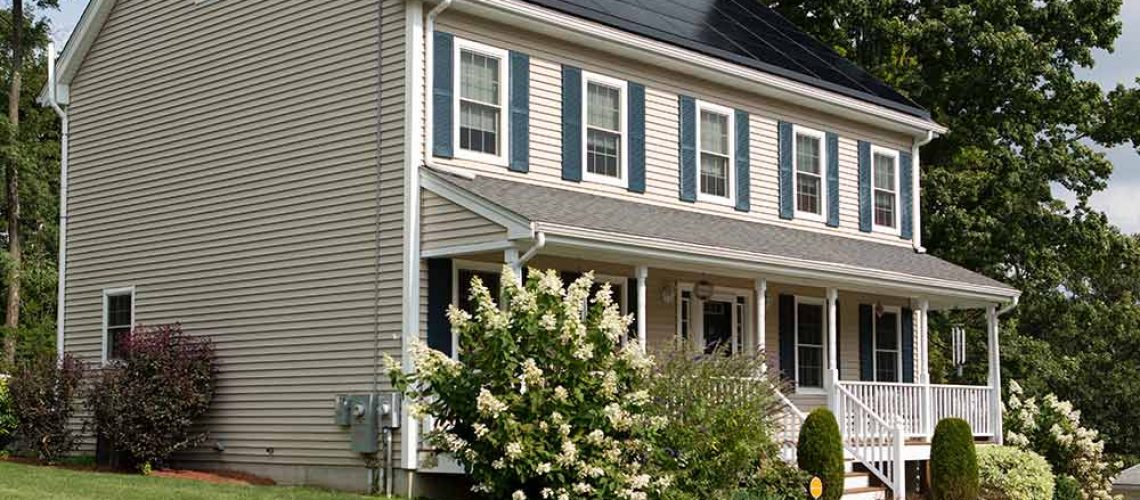You’re a homeowner, and you’ve decided it’s time to upgrade your backup power situation to prepare for a natural disaster, stimulate your home value appreciation, or simply just boost your family’s peace of mind. Investing in a backup power solution for your home is a smart choice for homeowners, because on top of the points just mentioned, it can liberate your home from your dependence on traditional power grids and their respective costs. The debate/discussion we’re having today is about the choice between the tried and true, conventional gas-powered generators, and the ever-evolving industry of “harvesting radiation from the sun to power your A/C” – Solar.
Before buying into either party, you as the homeowner need to identify what your own goals are before proceeding to the selection process. We’ll cover these common objectives for homeowners seeking backup power solutions and see how each option lines up:
- Energy efficiency
- Cost Savings over time
- Home appreciation
- Ease of use
Gas Powered Generators
Using fuel as their source for electricity, conventional generators are hit with a few disadvantages such as:
- Noise and air pollution
- Frequent maintenance and fuel costs
- Initial investment doesn’t have long term home appreciation effects
That being said, there a few advantages to generators. Generators offer high energy output and are mobile enough to use almost anywhere, due to the energy density of fuel versus current (yet rapidly improving) battery technology.
If you’re searching for a mobile solution to power high wattage applications that suck up a lot of energy quickly, generators do excel at this as the efficiency of energy conversion from fuel to electricity is about twice as high as solar panels, with gas-powered generators operating at about 50% efficiency and the high-end solar panels running around 20-23%. However, fuel costs money, and sunlight is free. Over time, these costs are certainly worth considering when deciding which option is a best fit for your home and should be weighed against your individual goals and needs.
Going Solar
When considering adding solar panels to your home, one of the biggest issues for people is the initial cost. With solar technology making huge leaps in the last 2-3 years, these costs have come down considerably, while the utility and energy conversion rates have also improved. It’s important to consider the long-term cost savings of establishing a net positive energy consumption rate with your local provider. This effect is compounded greatly when you begin to integrate other assets like your car into your own local grid.
It’s easier to visualize these potential cost savings when you consider somewhat recent phenomenon of electric vehicles taking off in popularity now and into the future, having a free way to charge all of your cars without paying a cent in gas each month, over the course of 20 years. Other important takeaways to consider when buying solar panels would include:
- Future proofing your home in states like California where solar will be required
- Easy to track and manage output with digital connection to solar panels, batteries. All through your phone.
- Reduction of carbon footprint, cleaner air for your family
- No noise pollution, neighbor friendly
- Huge boost to value appreciation of your home whenever you’re ready to sell
As solar technology continues to accelerate and innovate, the decision to go solar with your home in tandem with a strong battery storage solution will likely become even more clear.
Thinking Ahead
Both generators and Solar/Battery solutions have shown pros & cons of their own. The compact, higher wattage and more mobile option of today’s gas-powered generators may appeal in certain niche situations. But as a homeowner looking for a backup power solution, having an advanced solar panel integrated into your roof that’s constantly feeding your home battery storage, running you’re A/C and powering your car, all from the Sun’s free energy, certainly seems like the choice for the informed homeowner of the future.


